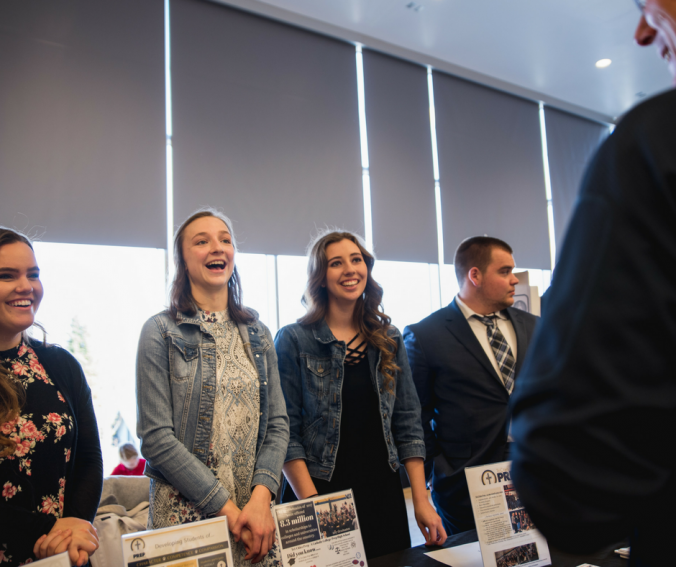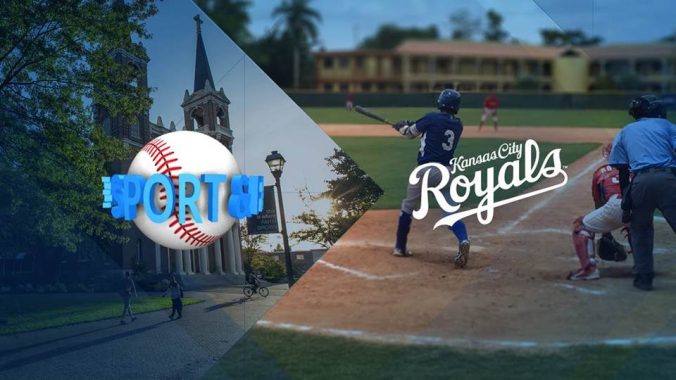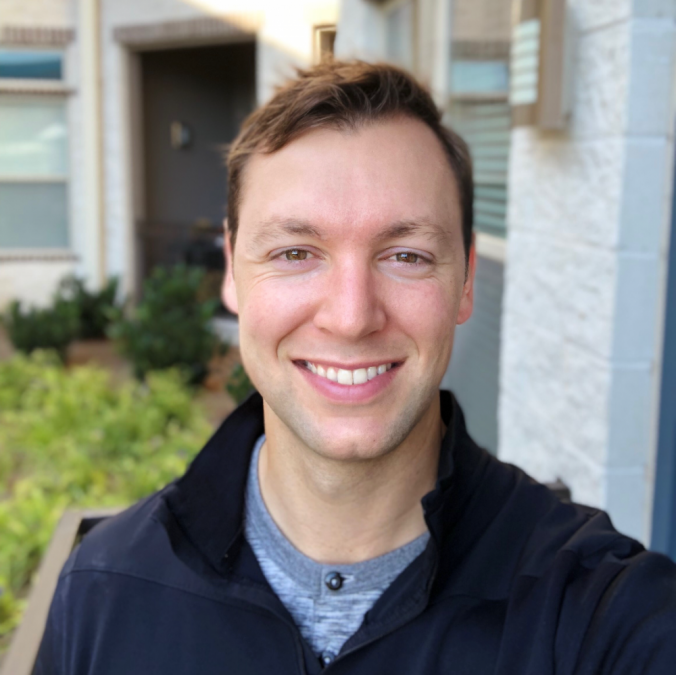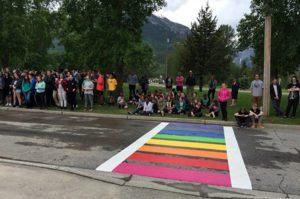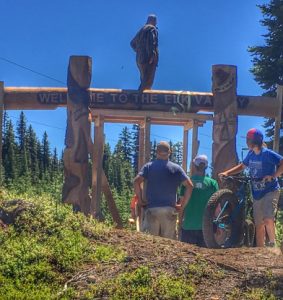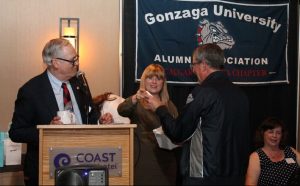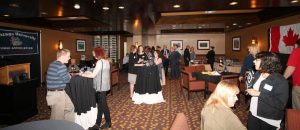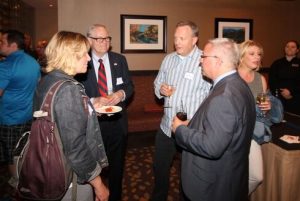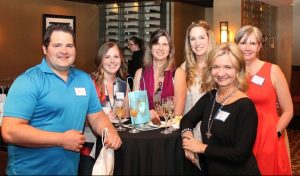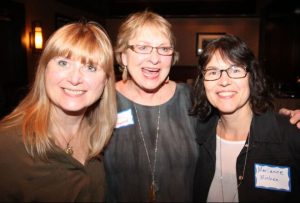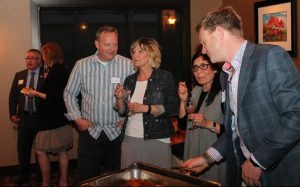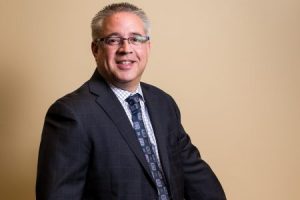This is the final part of a three-part series. To read part one, click here. To read part two, click here.
Gonzaga students in the “Sports and Fitness in the Digital Age” class concluded their fall 2017 semester with a video project in collaboration with the Kansas City Royals. The project required students to choose from a variety of American cultural norms and create a video guide for Royals baseball players recruited from the Dominican Republic. The objective is to help players undergo a smooth transition to the United States.
Students worked in small groups, choosing one topic per group. Senior Caitlyn Glenn, along with her groupmates Sydney Scott and Ben Willis, chose to cover the topic of navigating Ubers and taxis.
“We chose to do this topic because most of the players that are placed at the different affiliates of the Royals, generally very few of them have cars,” Glenn said. “We felt it would be good for them to understand a couple different ways that they could get around if they needed to.”
To create their video, Glenn’s group combined information and graphics from a previous project in the class. Earlier in the semester, students did a project called the “How-To project,” in which they created interactive PowerPoints for the Royals players to access and read up on various topics.
“We decided that we wanted to use these PowerPoints in the video, so we voiced over them,” Glenn said. “Once we did this, we realized we needed an intro and a bit of a storyline to follow along with so we wrote the scripts for the video clips that will be paired up with each of the ‘How-To PowerPoints.’ After, we video-taped all of the different clips we would be using, we put them all together and decided the best transitions to use.”
During the actual video-making process, Glenn’s group had difficulty operating the editing software. Since her group combined the “How-To PowerPoints” with different video and audio elements, it was a tedious process to align each component.
“The most challenging part of the whole process was learning how to use the different applications and get them to all work together,” she said. “We had several issues with this so it ended up being even more difficult than we thought it would be in the first place. This meant that it was the most rewarding part when we were finished and saw it all working together, specifically the audio and visual components working together at the correct times.”
Justin Marquis, Gonzaga’s Director of Instructional Design, teaches the class and introduced the project this year. To edit the videos, he has students use Adobe Premiere, a professional video editing software. This allows students hands-on experience with a program that would be used if they were to work at a broadcast news channel.
He intends for the “Sports and Fitness in the Digital Age” course to challenge students’ social media capabilities, and help them develop skills that are constantly building on of one another. For instance, a student’s graphic design skills will translate into video skills. Then into audio, interviewing, and editing skills, all leading into the final video project. He believes that social media skills are a defining quality in a candidate entering the work force.
According to Marquis, there are many more topics to be covered and the Royals are committed to having Gonzaga students generate videos for the players until they have exhausted them all. Marquis started the project with his spring 2018 class as well.
“For me one of the biggest takeaways of this particular class is a real concrete skill and ability in understanding and using social media. The course itself is skill-based, so I want them to know how to do graphic design, how to conduct and edit an audio interview or a podcast, how to plan a video and how to edit it,” Marquis said. “And this really applies to the video project.”
That is why the Royals collaboration is so beneficial to the class. From student Caitlyn Glenn’s perspective, learning how to efficiently operate different editing tools, as well as doing a project in conjunction with such a renowned organization showed her the value in both the project and the class itself.
“We were continually learning about tools that would help us in this [final] project, and then we were able to put it all together,” Glenn said. “My biggest takeaway for both the Royals video project and the class as a whole was learning how to use all of these different programs and seeing the different ways that I will be able to use all of these differently in my future career.”








